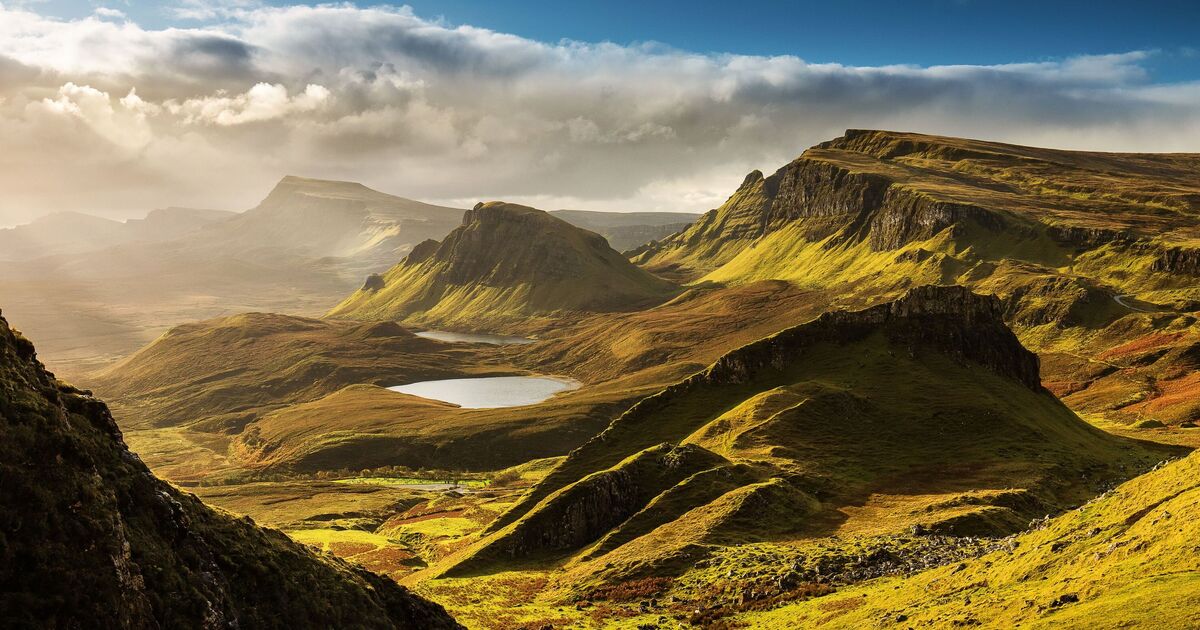The Scottish Highlands, one of the UK’s most popular holiday destinations, could soon implement a tourist tax in response to rising visitor numbers.
The move follows legislation passed by the Scottish Parliament in May 2023, granting local councils the authority to introduce tourist levies on visitors staying in overnight accommodations.
Highland Council, the governing body for the region, is now the latest authority considering the implementation of a “Visitor Levy” as a way to manage the growing influx of tourists.
In 2022, nearly 7 million people visited the Highlands, with 794,000 of them from the United States, according to VisitScotland data.
The surge in tourism has prompted local leaders to explore ways to ensure that the region can sustainably accommodate the ever-growing number of visitors while maintaining essential services.
Councilor Ken Gowans, speaking in support of the proposed tourist tax, emphasised the immense strain the tourism industry places on the Highlands’ infrastructure.
“Welcoming so many visitors puts huge pressure on certain areas and our basic infrastructure and services,” Gowans noted.
He pointed out that significant investment and collaboration are needed to cope with the surge in tourism and to secure the future of the sector.
“We need to consider the opportunities that will be made possible with the introduction of the Visitor Levy, and also the need for us all to maximise our energy and resources to drive positive change,” he added.
The proposal comes as part of Highland Council’s broader “Sustainable Tourism Strategy,” aimed at managing the environmental and economic impacts of tourism.
If implemented, the tax revenue could be used to improve roads, waste management, public facilities, and conservation efforts, all of which are currently under strain from high visitor numbers.
This initiative also seeks to balance the economic benefits of tourism with the need to preserve the region’s natural beauty and heritage.
Tourism is a vital industry for the Highlands, but the rapid growth in visitor numbers has highlighted the need for sustainable solutions.
Many popular sites, such as the Isle of Skye, Loch Ness, and Ben Nevis, have reported issues with overcrowding and wear on infrastructure, prompting local leaders to take action.
Gowans and other council members believe that a visitor levy could provide a much-needed financial boost to maintain the area’s attractiveness and safeguard its future as a leading travel destination.
Highland Council’s decision on the tourist tax is expected later this fall.
If approved, the Highlands would join the growing list of destinations worldwide that have introduced similar measures to combat overtourism, including cities like Barcelona, Venice, and Amsterdam.
These regions have found that tourist taxes help to regulate the flow of visitors while generating revenue for infrastructure improvements and conservation efforts.
Opponents of the tax, however, argue that it could deter budget-conscious travellers or add an additional financial burden on local businesses that rely on tourism.
Others fear it could reduce the competitiveness of the Highlands as a destination compared to other regions that do not impose such a levy.
Still, with nearly 7 million visitors annually, many local officials believe the tax is a necessary step to preserve the unique landscape and culture of the Highlands for future generations.
Checkout latest world news below links :
World News || Latest News || U.S. News
The post UK holiday hotspot could bring in new tourist tax to crack down on visitors appeared first on WorldNewsEra.

